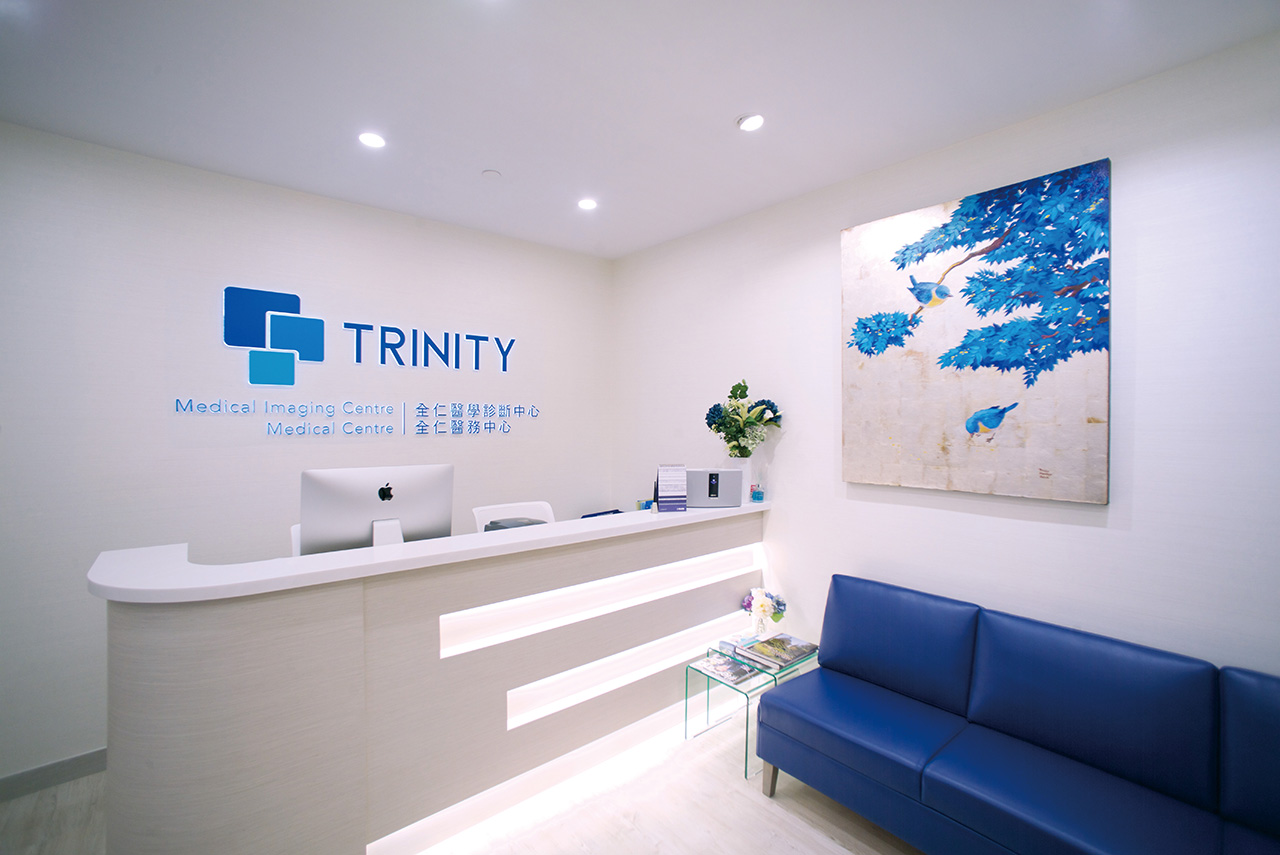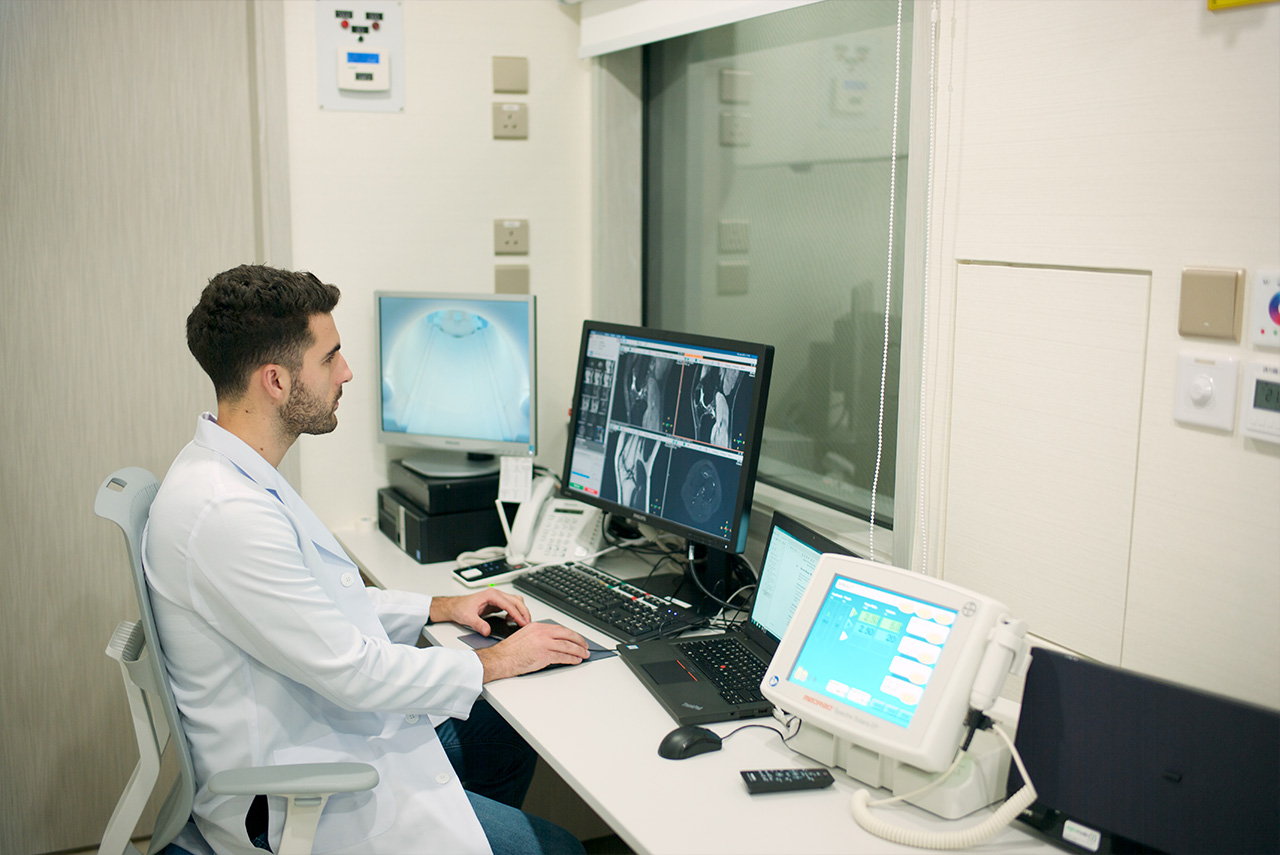What Is A PCR Test?
A PCR test is also known as a polymerase chain reaction test. It may also be referred to as a molecular test or a diagnostic test. It diagnoses COVID-19 by checking for the genetic material of the coronavirus. Generally speaking, PCR tests are considered to be the gold standard for diagnosis as recognized by the Centers for Disease Control and Prevention (CDC)
The alternative to a PCR test is an antigen test. This can diagnose COVID-19 by searching for particular molecules that are typically found on the surface of the SARS-CoV-2 virus. The tests may provide results in no more than 15 minutes. In contrast, PCR tests must be completed by a professional and may take over 24 hours to deliver a result.
How Accurate Are PCR Tests?
No test is 100% reliable. However, there is a reason why PCR tests are viewed as the gold standard for COVID-19. The results are as close as possible to 100% accurate in diagnosing infected people when the virus is present on the swab provided. While the exact accuracy of the test is not currently known, trials have shown that these tests are 99% accurate. One study completed in January 2021 suggested that PCR tests were able to correctly diagnose COVID 19 in exactly 97.2% of cases. It’s also worth noting that PCR tests are only accurate for a specific point in time. They can not reveal when an individual first became infected with the virus.
How Do PCR Tests Compare To Antigen Tests In Terms Of Accuracy?
Home COVID-19 tests such as antigens are not as accurate as PCR tests. As well as this, home COVID-19 tests also present a higher chance of a false negative compared to a false positive. This is concerning because it’s more likely a test will indicate that you don’t have COVID-19 when compared to the opposite result. This is why it’s always recommended that a PCR is also completed, regardless of a positive or negative test result using an antigen.
In August 2021, a study was completed comparing PCR tests to antigen home tests for COVID-19. From 0 to 12 days of symptoms being identified, the antigen tests correctly identified more than 78% of people as having COVID-19. Furthermore, they also identified 97.1% of people who did not have the virus.
When a test was taken 3 days after symptoms began to emerge, the tests were far more accurate. The antigen tests correctly identified 96.2% of COVID-19 cases. This meant that tests were nearly as accurate as tests that were taken the day after symptoms began.
In March 2021 another study explored how likely it was for an antigen test to provide a false negative. It showed these tests provided a positive result 72% of the time when people were showing COVID 19 symptoms. In contrast in people without COVID-19 symptoms, people correctly tested positive 58.1% of the time. The results also found that these tests were far more accurate when tested in the first week compared to the second week of symptoms.
It is far less likely that a home antigen test will provide a false positive compared to a false negative. A review in March 2021, found that rapid tests provided a positive COVID-19 result correctly in 99.6% of people. This is comparable to the accuracy of a PCR test.
Furthermore, studies have also revealed that there are substantial differences in the accuracy of tests depending on the manufacturer or brand used. For instance, SD Biosensor Standard Q had the highest score of all tests measured, compared with the Coris Bio concept that received the lowest.
Are Other Tests Can Be Used To Identify COVID-19?
Several other tests may be used to diagnose COVID-19. For instance, while CT scans aren’t typically used to diagnose COVID-19, they can be used to potentially identify the lung problems that can be caused by the virus. However, they are far less reliable compared to other tests. They may also not be able to rule out other potential respiratory issues. CT scans were able to correctly identify COVID-19 in 91.9% of patients in a 2021 study. They only correctly identified a negative COVID-19 result in 25.1% of cases.
Similarly, antibody tests were found to be 84.5% and 91.6% accurate, when studied respectively.




